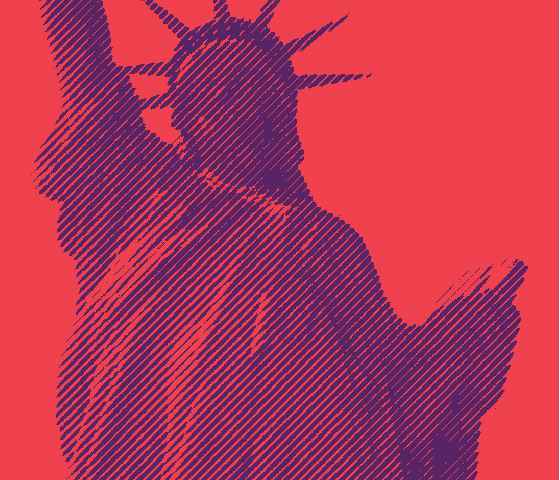People with disabilities face widespread discrimination, segregation, exclusion, and a different set of challenges when it comes to navigating systems. Federal and state law protects your rights in employment, public accommodations, health care, and education.
EMPLOYMENT
Federal and Nevada state laws protect people with disabilities from discrimination in employment.
You do not have to inform an employer of your disability when you apply for a job or when you are hired — even if later you need a reasonable accommodation.
If you can do the job, it is unlawful for an employer to refuse to hire or promote you, to fire or demote you, to harass you, or to pay you less because of your disability.
You have the right to ask for and receive “reasonable accommodations” that allow you to have an equal chance to succeed.
However, private employers with fewer than 15 employees are not covered by some disability nondiscrimination laws.
PUBLIC ACCOMMODATIONS
Places of "public accommodation" include any establishment or place to which the public is invited or which is intended for public use, such as:
- Hotels, restaurants, bars, gas stations, casinos, theatres
- Retail stores, banks, barber/beauty shops, hospitals/clinics
- Offices of accountants, lawyers, doctors, insurance agents
- Airports, bus or train depots
- Bowling alleys, amusement parks, zoos, stadiums, convention centers
- Parks, health clubs/spas, educational institutions, social service providers
- Any nursery, private school, university or any other place of education
State and federal law prohibits disability-based discrimination by businesses and other places of public accommodation.
Newly constructed commercial buildings must be fully accessible.
You have the right to bring your service animal into any business, even those that have an explicit “no pets” policy. The Americans with Disabilities Act (ADA) defines “service animal” as a “dog that is individually trained to do work or perform tasks for a person with a disability.” Emotional support animals may be restricted, however a place of accomodation may not ask you to provide certification documents or details about your disability.
HEALTH CARE
The ADA requires that health care entities provide full and equal access for people with disabilities.
A health care provider cannot refuse service just because a potential patient has a disability.
Health care providers must ensure that communication with patients with hearing, vision, and speech disabilities are as effective as communication with other patients.
Health care facilities must be accessible. When possible, medical equipment should also be accessible. Examples: accessible examination tables, accessible imaging machines, accessible scales, and patient lifts.
EDUCATION
Public law states that public schools have to give all students with disabilities an appropriate education in the “least restrictive environment.” This basically means that a school has to teach you in a way that is designed just for your disability and cannot separate you from students without disabilities without good reason.
Schools have to make “reasonable modifications” to their policies to accommodate your disability.
You have a right to access after-school programs, sports, and field trips with reasonable accommodations.
Schools should be fully accessible and make appropriate changes as long as changes do not cause a financial strain.
The school cannot punish students with disabilities more than students without disabilities for doing the same things.
At colleges and trade schools, accommodations can be made through the school’s disability services office.
